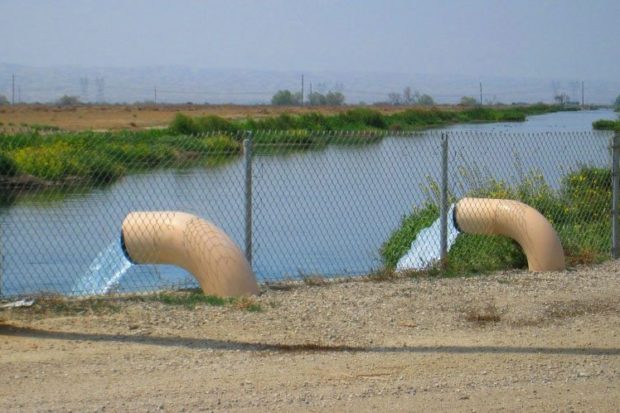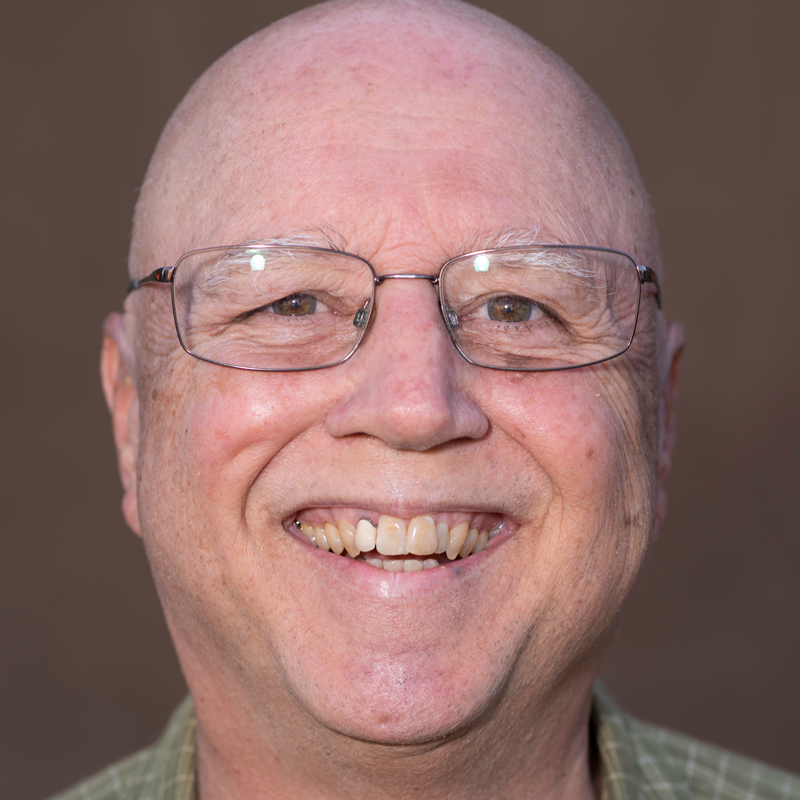
By Vic Bedoian
In a ruling on March 5, a Sacramento Superior Court judge struck a blow against the operation of the Kern Water Bank. It is the most significant decision to date concerning the environmental impact of the nation’s largest underground water banking system. The ruling by Judge Timothy Frawley comes after 20 years of lawsuits against the privately owned water bank by environmental groups and fishing organizations.
Another suit was filed by Kern County farmers whose wells have been negatively affected by the water bank’s operations. The ruling could affect how water is allocated and delivered throughout California.
It’s a story that could easily be made into a movie like Chinatown—the notable film about Los Angeles obtaining water from the Owens Valley through secret deals and manipulation of public trust resources by wealthy private interests. The Kern County Water Bank was at one time owned by the people of California but has ended up as a private company run by one of the richest and most politically connected men in the state, Stuart Resnick.
In 1985, the state Department of Water Resources (DWR) bought nearly 20,000 acres of land along the Kern River from Tenneco Corporation. The sandy, alluvial ground was perfect for storing water underground for the public to use in periods of drought.
The DWR built a network of canals and pumps to connect the Kern Water Bank to the state’s aqueduct system. It was developed to enhance California’s scheme to move and allocate water from storage sites to where it was used by farmers, cities and the environment. It also prioritized urban water supplies during droughts.
But in 1994, at a secret meeting, the state’s water plan was tweaked to serve the interests of agribusiness and developers. The meeting was arranged by then Governor Pete Wilson. Lloyd Carter was a reporter covering water issues at that time:
He took a bunch of folks to Monterey that were from big ag from the west side of the San Joaquin Valley, state water contractors, Southern California Municipal Water District and Southern California development interests—environmentalists were excluded from this meeting—and they changed the State Water Project conditions to make it a little easier for the State Water Project ag contractors to get through drought years. The other significant thing was they said we will sell the water bank and we’ll allow private companies to come in and operate.
The State Water Project is a massive network of reservoirs, canals and pumping stations, developed in the mid-20th Century to get water from Northern California to the rest of the state. But the ambitious project had a huge flaw. It promised more water than it could ever deliver.
The agreements made between the state and private interests were called the Monterey Amendments. The lone citizen activist at that fateful Monterey meeting was a Santa Barbara resident, Carolee Krieger. She didn’t comprehend all the details of those amendments at the time, but she did understand the significance of the deals that were cut, and that the players were gaming the water system:
The contracts promise 4.23 million acre-feet of water and the reality is because of the Wild and Scenic Rivers Act and because the Peripheral Canal was not approved, the project is only half built. And, according to the court and according to the record, the project can only deliver on a safe-yield basis approximately 1.8 million acre feet. So the difference between what they can really deliver and what’s in the contracts is what’s known as paper water.
One of the Monterey amendments called for a complete build-out of the state’s water project. Krieger realized that it was an environmentally disastrous goal, “That means the wild and scenic rivers, that means the Tuscan aquifer in the Sacramento Valley, I mean everything in Northern California would have been on the chopping block.”
The Kern Water Bank is owned by the Westside Mutual Water Company. The man who controls it with 48% ownership is Stuart Resnick. The Beverly Hills billionaire is the largest tree-fruit grower in the country, with well above 100,000 acres in production in the Central Valley. His Paramount Farms empire grows and processes the most citrus fruit, the most almonds, the most pistachios and the most pomegranates in the state, perhaps in the world.
Resnick owns Rolls International, a holding company that possesses his many companies including POM Wonderful fruit juice, Fiji bottled water, Teleflora flower delivery and the Franklin Mint. His political clout is just as big, funding a “who’s who” of state and national Democratic Party politicians. As a result, Resnick reaps huge sums of money from the Kern Water Bank by selling publicly subsidized water to private and public entities.
Carter says what began as a public resource has been converted to private gain:
The concept of water banking in the middle of the desert is a good one, but who profits is another issue entirely. One thing that caused an uproar about a decade ago is during a drought the Department of Water Resources established an environmental water account to protect fish in the Delta system, fish and birds, wildlife. What ended up happening was that the guys that were privateers who were running the Kern Water Bank get under their state water contracts they pay x-amount of water, it’s subsidized and not very high, and then they turned around and sold the water back to the Department of Water Resources for a big fat profit. It made millions and millions of dollars, it was kind of scandalous.
The judicial decision last week is the second case won by environmental groups over the Kern Water Bank. A partial victory in 2003 invalidated the lead agency named in the Monterey Amendments, the Central Coast Water Authority. But that still left the Kern Water Bank intact as a private entity.
Krieger says their ultimate goal is to undo the deals that were wrought in the mid-1990s between the water plutocracy and the state:
We had several causes of action. We wanted to get the Kern Water Bank back for the public, we wanted to get the urban preference back for the urban ratepayers especially in Southern California, and we wanted to get the paper water removed from the water contracts.
The Department of Water Resources has never done an audit of how much water actually exists is California. But such a survey was done by the California Water Impact Network, the group headed by Krieger. The survey results underscore the misconception at the basis of California’s water allocation decisions. Krieger says there isn’t enough water to fulfill all the promises.
There is only 29 million acre-feet of consumptive water, consumptive meaning it’s not hydropower or something like that, it is water that is actually used, and the state has given out 153.7 million acre-feet of water rights permits. And the State Water Project and the Central Valley Water Project are the most junior water rights holders in the system. So the reality is that the emperor has no clothes; they really don’t have any water.
In the final analysis, the DWR is left with a dilemma. Krieger says the DWR does not know what to do with the paper water that does not exist in the real world:
I don’t think they know what to do. I don’t think they know what to do with us, I don’t think they know what to do with the information. Because I don’t think they know how to untangle this mess they’ve gotten themselves in, and all of us in too.
Carter calculates that last week’s court ruling could be a major move toward creating a more rational approach to operating the State’s water system:
Push has come to shove now and if this judge’s decision holds up the water bank will go back into public hands and the profits will go into restoring the Delta and other parts of the environment that have been harmed through our reckless water development schemes of the last 60 years.
Judge Frawley’s ruling is just a first step. He will now craft a decision to map out a plan dealing with Kern Water Bank’s future operation.
*****
Vic Bedoian is an independent radio and print journalist working on environmental justice and natural resources issues in the San Joaquin Valley. Contact him at vicbedoian@gmail.com.

